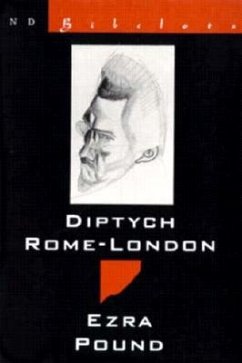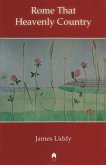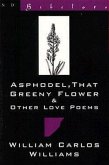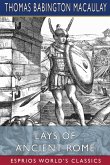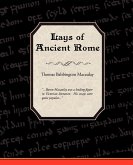Created in the aftermath of World War I, the poems ironically consider the place of the artist in "a botched civilization." "Homage to Sextus Propertius" (1917) is a free translation from the Latin, an homage to the Roman poet; praising its "enormous freedom and range of tone," Hugh Kenner remarked that "few more original poems exist in English." "Hugh Selwyn Mauberly" (1920) is described in A. Walton Litz's clear and helpful introduction as a "master document of literary modernism." It was also T.S. Eliot's favorite Pound poem: "I am quite certain of 'Mauberley,' whatever else I am certain of... a great poem, a document of an epoch."

